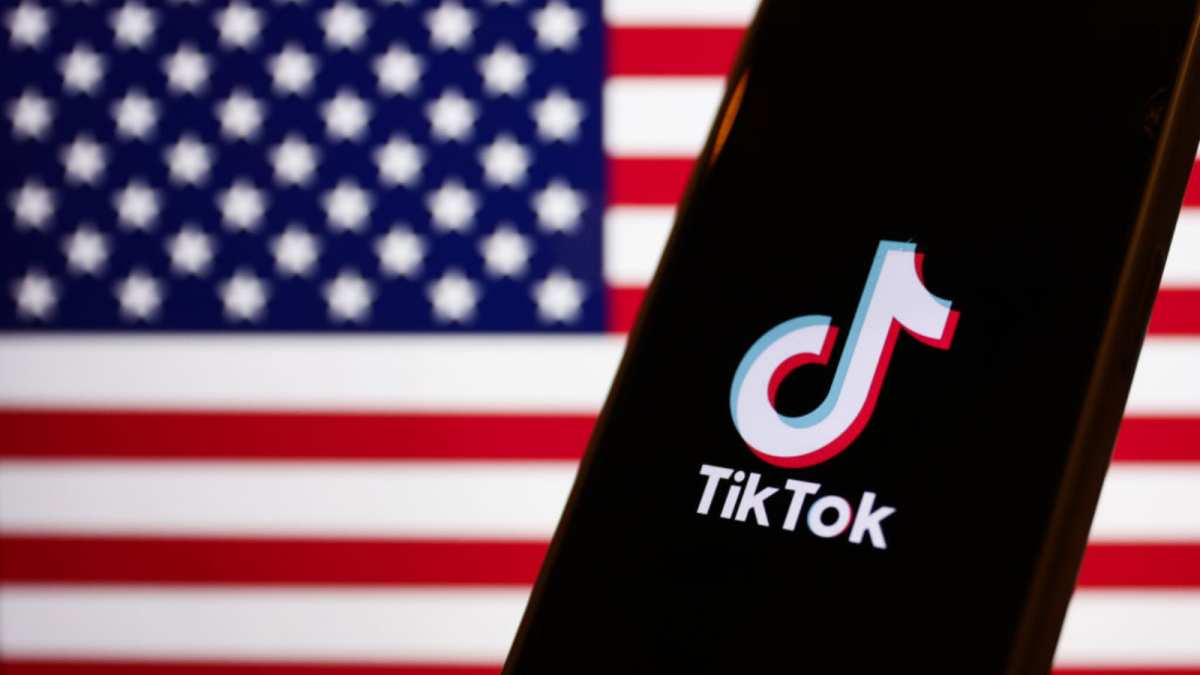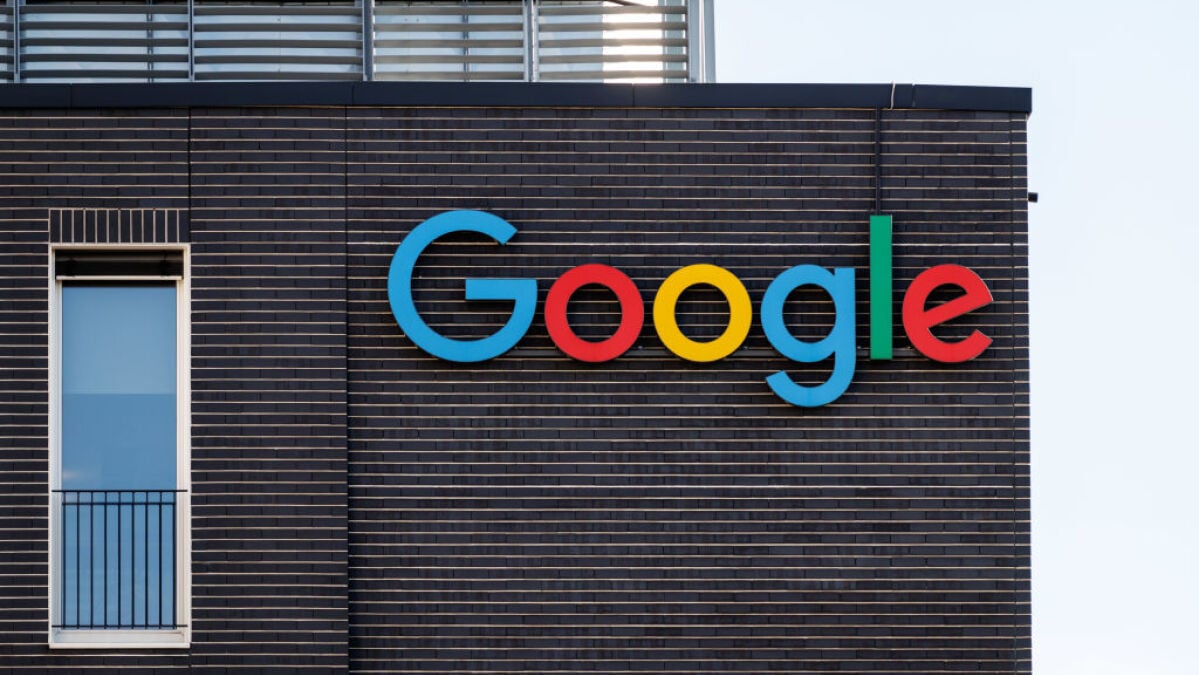As the new year draws ever closer, so too does the U.S. TikTok ban. TikTok and its parent company ByteDance have now requested an emergency injunction, attempting to stave off the looming ban after a U.S. court of appeals upheld it on Friday. If this injunction is denied, TikTok will have to shut down in the U.S. by Jan. 19.
In a petition filed to the District of Columbia Court of Appeals on Monday, TikTok asked that the U.S. ban on its video sharing platform not be enforced until the matter is addressed by the Supreme Court. Stating its intention to file an appeal, TikTok argued that it’s likely the Supreme Court will opt to review and ultimately reverse Friday’s decision.
“[The Court of Appeals’] holding that the Act satisfies strict scrutiny is sure to attract the Supreme Court’s attention,” wrote TikTok. “As speech restrictions have survived strict scrutiny only in rare and narrow circumstances, the Supreme Court will want to ensure that this Court’s decision has not diluted that critical standard.”
Strict scrutiny is a legal standard which demands that laws which restrict free speech are narrowly tailored to advance a compelling governmental interest. Such laws must also be the least restrictive method of achieving this objective. TikTok has argued that the U.S. government failed this standard by allegedly passing the ban without considering less drastic alternatives.
In deciding whether to grant an injunction such as the one TikTok has requested, courts consider elements such as whether the appeal is likely to succeed, as well as if parties will suffer harm if the injunction is not granted.
Mashable Light Speed
TikTok’s petition claimed that while the ban will cause it to suffer “extreme and irreparable harm,” temporarily holding off will pose no danger to the U.S. or its national security. The company further noted that Congress already delayed the ban coming into effect for 270 days, which TikTok said indicated that “the asserted national security threat is not sufficiently imminent to forestall the completion of orderly judicial review.”
“[T]he Government’s own defense of the Act at most asserts that China ‘could’ engage in certain harmful conduct through TikTok, not that China is currently doing so or will soon do so,” wrote TikTok.
TikTok has also argued that it is within the public interest to grant a temporary injunction, as it is “one of the most popular speech platforms in America.” If the Court of Appeals denies the injunction, Americans will lose TikTok just one day before Donald Trump‘s presidential inauguration on Jan. 20.
“The Supreme Court has an established historical record of protecting Americans’ right to free speech, and we expect they will do just that on this important constitutional issue,” TikTok said in a statement responding to Friday’s decision. “Unfortunately, the TikTok ban was conceived and pushed through based upon inaccurate, flawed and hypothetical information, resulting in outright censorship of the American people. The TikTok ban, unless stopped, will silence the voices of over 170 million Americans here in the U.S. and around the world on January 19th, 2025.”
According to TikTok, a ban on the platform would cause small businesses to lose over $1 billion in revenue within just one month, while creators would suffer $300 million in lost earnings.
TikTok’s petition has requested that the Court of Appeals make a decision on the injunction by Dec. 16.










